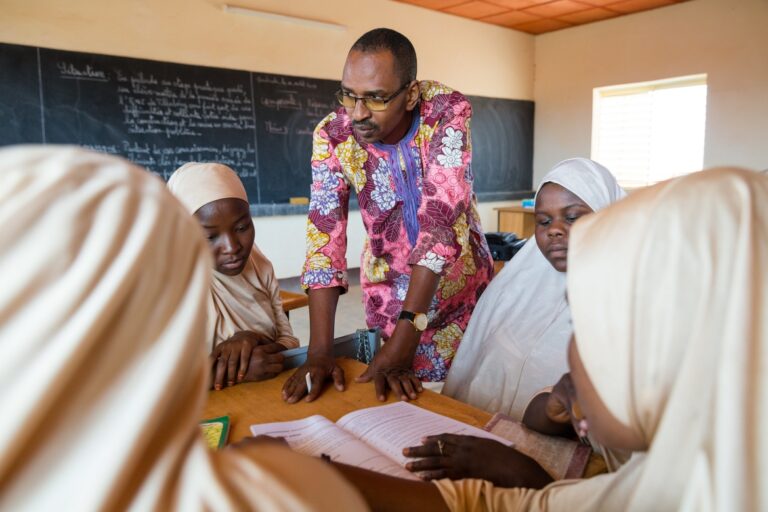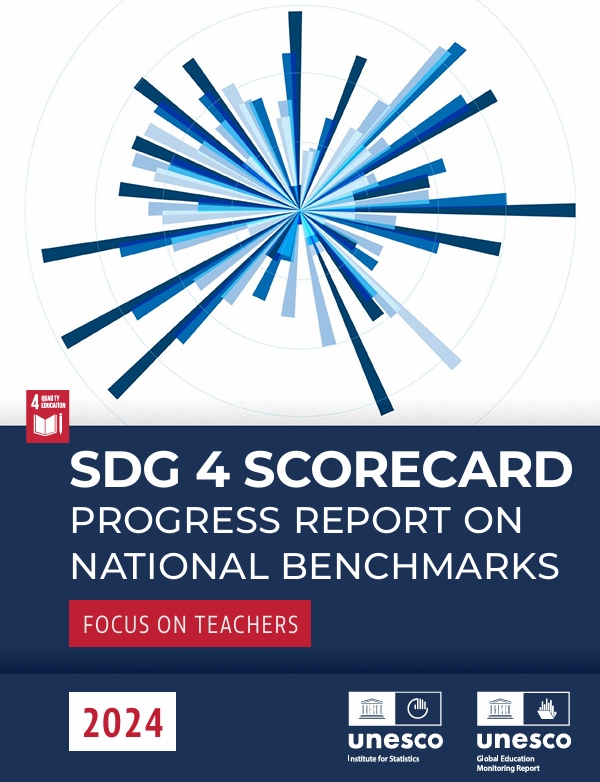There is an increasing realization among reformers, development workers, and feminists that education is the most significant and strongest tool that can help achieve empowerment for girls. Various policy frameworks and programs are now set in this direction, and demand creating a positive environment for girls.
While several strategies and interventions (Sarva Shiksha Abhiyan and Kasturba Gandhi Ballika Vidyalayas) have resulted in improved access to and participation in education in India, this has not resulted in the empowerment of girls coming from disadvantaged communities, where the majority of girls in India are growing up. These strategies have not worked because they do not necessarily tackle social practices, gender stereotypes, attitudinal barriers, and other socio-economic constraints. They have been more focused on imparting content using traditional methodologies.
My forthcoming research What works for teachers highlights the need to nurture empowered teachers, as a prerequisite to the empowerment of girls. This is because the teachers are responsible for the development of the girls. Thus they must be equipped with the kind of knowledge that girls can learn and then apply towards the challenges of their rapidly changing world. In addition, they must help support girls socially and emotionally, and be motivators, mentors, and friends. Teachers are also role models: influencing every facet of girls’ growth and the development of their innate potentials. The expectation for teachers to empower girls can only be fulfilled if they are provided with a supportive and empowering environment to strengthen their own capacities and to take on their roles efficiently and fearlessly. But an analysis of diverse social contexts suggests female teachers are situated in unequal power structures by virtue of their gender.
My research identifies seven key principles that education…
Continue reading at the authors website >>






